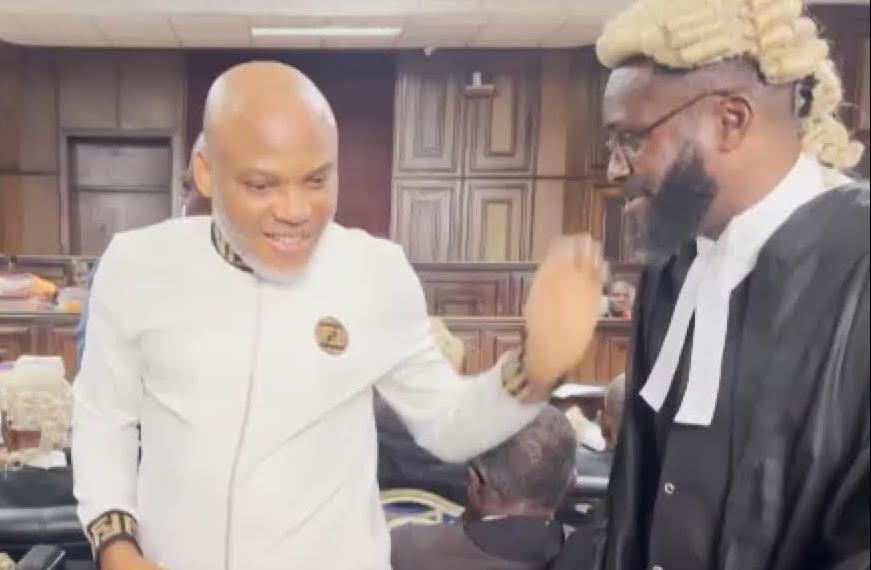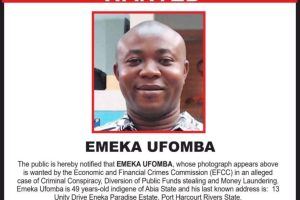
The Core Principle
Section 36 of the 1999 Constitution of the Federal Republic of Nigeria (as amended) enshrines the Right to Fair Hearing. This right is non-derogable absolute, inviolable, and untouchable. No arm of government, not even the Supreme Court, can lawfully suspend or violate it. Any trial or proceeding that denies this right is legally void from the outset.
What Went Wrong
Mazi Nnamdi Kanu, leader of the Indigenous People of Biafra (IPOB), was not returned to Nigeria through lawful extradition under the Extradition Act, Cap E25 LFN 2004. Instead, he was subjected to extraordinary rendition a state-backed abduction executed in collusion with foreign agents. This act stripped him of his right to due process, legal representation, and proper judicial oversight, thereby violating Section 36.
The Judicial Misstep
In FRN v. Nnamdi Kanu (SC/CR/1361/2022, judgment delivered 15 December 2023), the Supreme Court admitted that Kanu’s rendition was unlawful. However, instead of nullifying the proceedings, it remitted the case for trial at the Federal High Court. This decision is a fatal error for three key reasons:
- Justice Cannot Be Built on Illegality
In Madukolu v. Nkemdilim (1962) 2 SCNLR 341 at 348, the Court held that jurisdiction requires due process. Extraordinary rendition, being the very opposite of due process, destroys the case before it even begins. - Civil Damages Do Not Cure Constitutional Breach
In Ariori v. Elemo (1983) 1 SCNLR 1 at 9, the Court ruled that denial of fair hearing renders proceedings null and void. Monetary compensation cannot remedy a constitutional crime. - The Judiciary Must Not Sanction Executive Illegality
As stated in Governor of Lagos State v. Ojukwu (1986) 1 NWLR (Pt. 18) 621 at 636, the Constitution is founded on the rule of law, and courts must never condone illegality. By allowing trial after an unlawful rendition, the judiciary risks legitimizing constitutional violations.
Why This Matters
Kanu’s case is not just about one man—it is a test of Nigeria’s commitment to the rule of law. If this trial proceeds, it sets a dangerous precedent where the government can trample on the Constitution with impunity, knowing the courts will look the other way.
The Only Constitutional Outcome
To protect democracy, the rule of law, and the integrity of the judiciary, the proceedings against Kanu must be declared a nullity. This is the only way to affirm that the Constitution remains supreme and that no government is above it.
Signed:
Christopher Chidera Esq.
Public Advocate & Human Rights Lawyer





